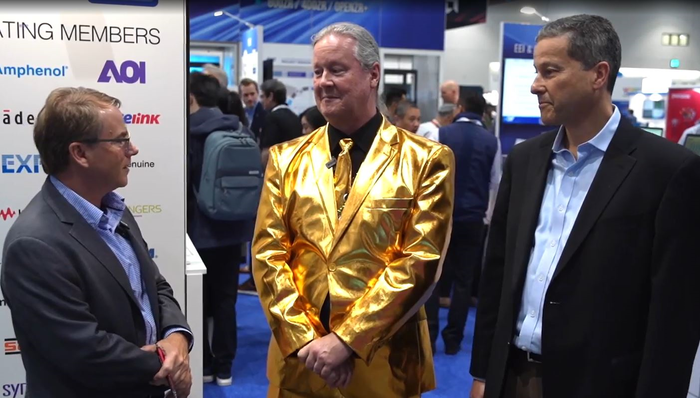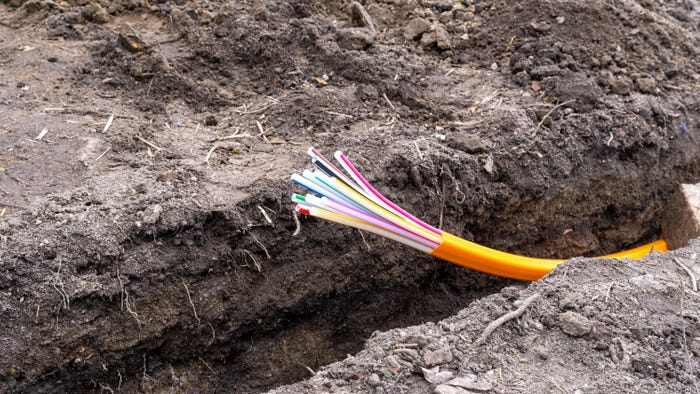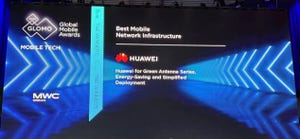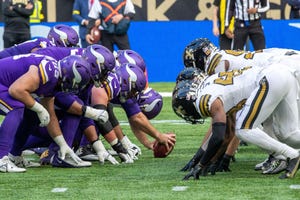Network Technology
More Topics
Fiber optic cables lie on a construction site
Broadband
The Buildout: Spectrum lights up more RDOF regionsThe Buildout: Spectrum lights up more RDOF regions
This week in broadband builds: RDOF construction, launches (and defaults) from Spectrum; unWired taps Tarana for California network; United expands in Williamson County; eX² builds middle mile fiber in Navajo County – and more.
Subscribe and receive the latest news from the industry.
Join 62,000+ members. Yes it's completely free.













.jpg?width=300&auto=webp&quality=80&disable=upscale)































